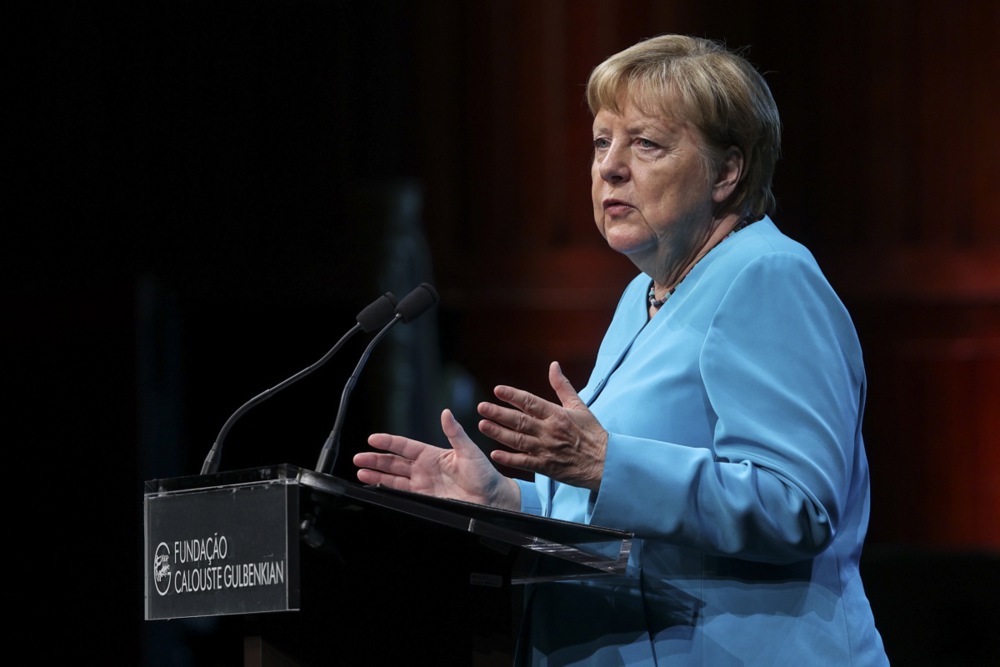The German Child Protection Association has come out against the EU’s attempt to break end-to-end encryption via the ‘chat control’ law.
The association said chat control was the wrong tool “because it would deeply interfere with everyone’s privacy, including that of children”.
Chat control refers to proposed legislation aimed at combating child sexual abuse material (CSAM) online.
It is currently being pushed by the Danish Presidency of the Council of the European Union. A vote in the Council of Ministers is expected on October 14.
Germany might offer the necessary support for the law in the Council, where national governments are represented.
The most controversial version, often called “Chat Control 2.0” or the “EU CSAM Regulation”, would require messaging apps, email services and cloud storage to scan all private communications, messages, photos, videos, for illegal content, including grooming and child abuse material.
The proposal could force platforms including Signal, WhatsApp and ProtonMail to break or weaken encryption to scan messages, undermining privacy for everyone, not just criminals, critics say.
Germany’s Child Protection Association (CPA) stressed that the federal government must work to ensure that child protection remains compatible with children’s fundamental rights.
The CPA, which has 50,000 members, said it supports combating sexual abuse material online.
But Elena Frense, the association’s specialist for media and digital affairs, yesterday told netzpolitik.org, a medium concerned with digital rights and freedoms: “… we reject the possibility of scanning encrypted private communication, the so-called chat control.”
Children also have a right to confidential communication – if their chats are monitored without cause, their privacy and fundamental rights would be violated, Frense said.
According to the association, targeted measures are needed to protect children, not mass surveillance.
It is pleading for more prevention, education and clear obligations for providers such as binding security requirements, risk analyses and the scanning of unencrypted content.
“In addition, event-related investigative work must be expanded using existing investigative powers,” Frense stated.
netzpolitik.org noted that numerous IT experts, security researchers, lawyers, data-protection advocates, digital-rights organisations, technology companies, messaging services, UN representatives and child-protection specialists have spoken out against the EU’s proposal.
Many grassroots activists and civil society organisations are also warning that the move would create the largest and most dangerous surveillance system in Europe.
The EU is pushing for mass surveillance at a time when President of the European Commission Ursula von der Leyen is fighting to keep her texts with the CEO of Pfizer on the procurement of Covid vaccines hidden.
On October 3, Signal warned that if chat control passed, it could spell the end of the right to privacy in Europe. The company has threatened to leave the EU if the controversial legislation was approved.
We are alarmed by reports that Germany is on the verge of a catastrophic about-face, reversing its longstanding and principled opposition to the EU’s Chat Control proposal which, if passed, could spell the end of the right to privacy in Europe. https://t.co/015qmQnIS2
— Signal (@signalapp) October 3, 2025





